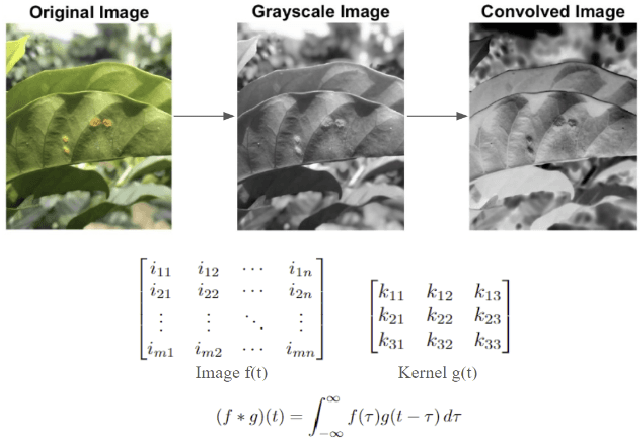Angelly Cabrera
Early Detection of Coffee Leaf Rust Through Convolutional Neural Networks Trained on Low-Resolution Images
Jul 20, 2024



Abstract:Coffee leaf rust, a foliar disease caused by the fungus Hemileia vastatrix, poses a major threat to coffee production, especially in Central America. Climate change further aggravates this issue, as it shortens the latency period between initial infection and the emergence of visible symptoms in diseases like leaf rust. Shortened latency periods can lead to more severe plant epidemics and faster spread of diseases. There is, hence, an urgent need for effective disease management strategies. To address these challenges, we explore the potential of deep learning models for enhancing early disease detection. However, deep learning models require extensive processing power and large amounts of data for model training, resources that are typically scarce. To overcome these barriers, we propose a preprocessing technique that involves convolving training images with a high-pass filter to enhance lesion-leaf contrast, significantly improving model efficacy in resource-limited environments. This method and our model demonstrated a strong performance, achieving over 90% across all evaluation metrics--including precision, recall, F1-score, and the Dice coefficient. Our experiments show that this approach outperforms other methods, including two different image preprocessing techniques and using unaltered, full-color images.
 Add to Chrome
Add to Chrome Add to Firefox
Add to Firefox Add to Edge
Add to Edge